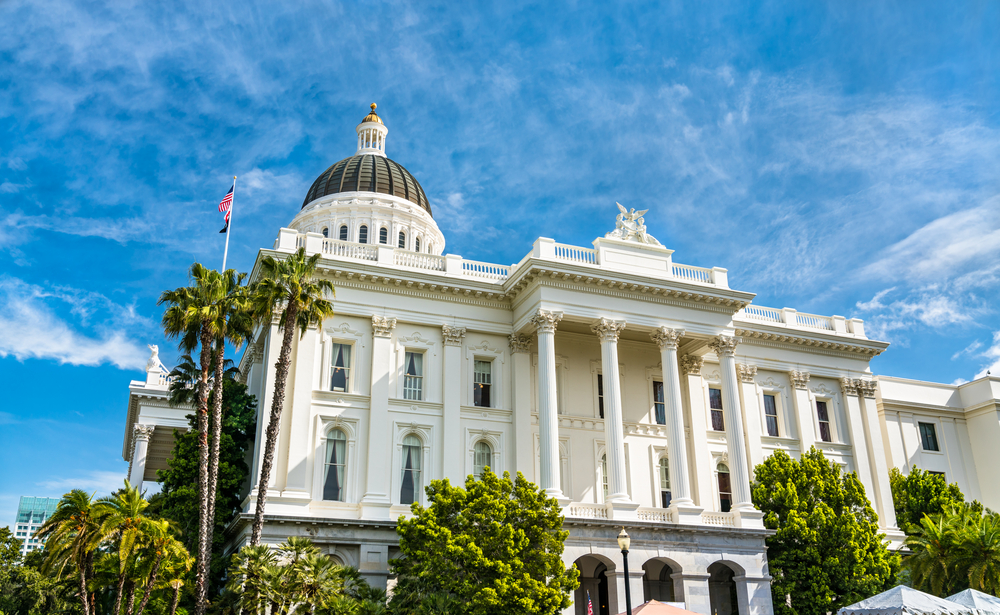Newsom and Legislators Reach Agreement on the Budget

California Governor Gavin Newsom and Legislative leaders have reached an agreement on the state’s budget for the upcoming fiscal year.
It was achieved earlier this week and will officially take place on July 1st, the start of the new fiscal year.
History
Following years of record-breaking surpluses, California is currently in a budget deficit. While Governor Newsom believes that the upcoming deficit will be slightly over $31 billion, many believe even that number is optimistic.
The primary reason for the deficit is California’s extremely progressive tax code, which taxes the wealthy a higher percentage than the rest of the population. However, many wealthy Californians make their money through the stock market and pay capital gains taxes.
In fact, in 2019, nearly 15% of the state’s tax revenue was through capital gains. While this led to California experiencing surpluses in the past few years, it has done the opposite in 2023.
Since the stock market has been tumultuous the last fiscal year, state revenues have fallen, leading to a deficit. In addition, the delayed deadline to file federal and state taxes has increased uncertainty on where revenues will land.
All of this has caused a complicated budget season, with the Governor and the Legislature often disagreeing on spending cuts. In May, Newsom released his budget which featured billions of dollars in reduced spending. A month later, legislative leaders released their version of the California budget, which added $5 billion in spending compared to Newsom’s.
However, the two parties came together and struck a deal just before the July 1st deadline.
What’s in the Joint Budget?
The budget agreement between Governor Newsom and Legislative leaders features compromises on both sides but is very similar to a combination of the bills each side released in the past two months.
One of the biggest concessions was from Newsom with the removal of a $16 billion tunnel that would deliver water underneath the Sacramento-San Joaquin River Delta. It was amongst many proposed infrastructure projects that the Governor recently introduced.
These projects were at the top of Newsom’s priorities as he threatened to veto budget priorities if his infrastructure plan was not approved. While the Governor conceded the tunnel project in the new agreement, it does help infrastructure projects in various ways.
One of the most significant items in the budget agreement is the adjustment to the California Environmental Quality Act, better known as CEQA. CEQA reform has been on Governor Newsom’s agenda for some time, as the landmark law has allowed many developments to face long legal battles that delay infrastructure projects from being built.
The budget agreement will provide measures that will reduce delays in infrastructure projects that face CEQA lawsuits, a major step forward for California.
Transit agencies recently asked for $5 billion over the next five years to keep buses and trains running efficiently. While Newsom’s original budget did not include funding for California’s public transit agencies, the joint budget does.
The budget deal will include $5.1 billion over the next five years and will be subject to state oversight.
While there were many concessions from both sides, there are also several things that the two bills already jointly shared that are included, such as cuts to climate change spending and homelessness.
Keep up with BOMA on the Frontline for the latest news in the Greater Los Angeles area.

